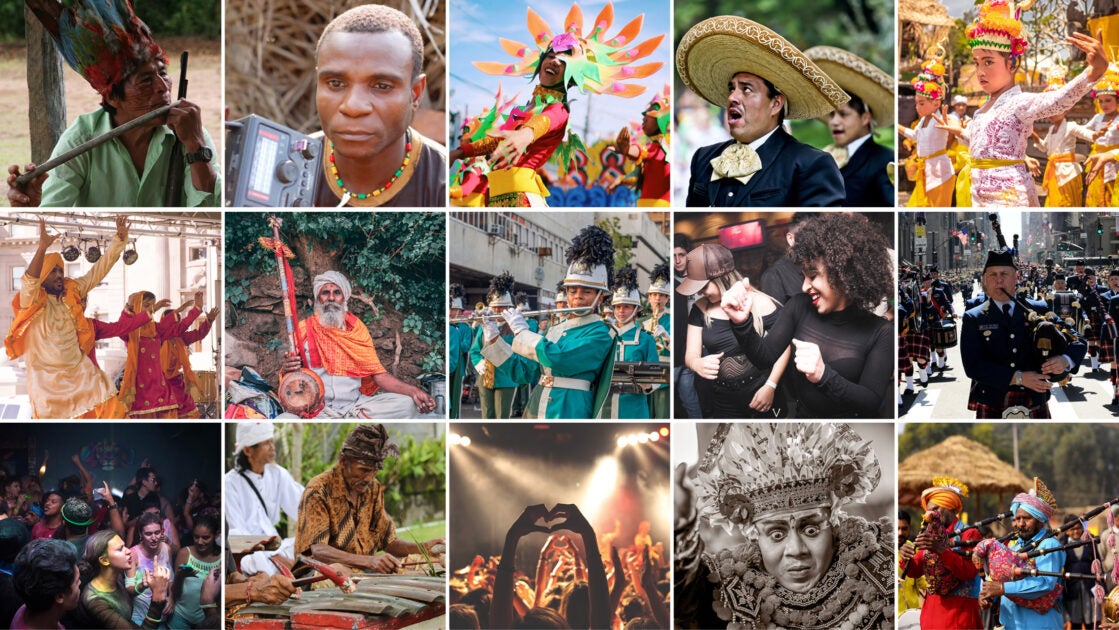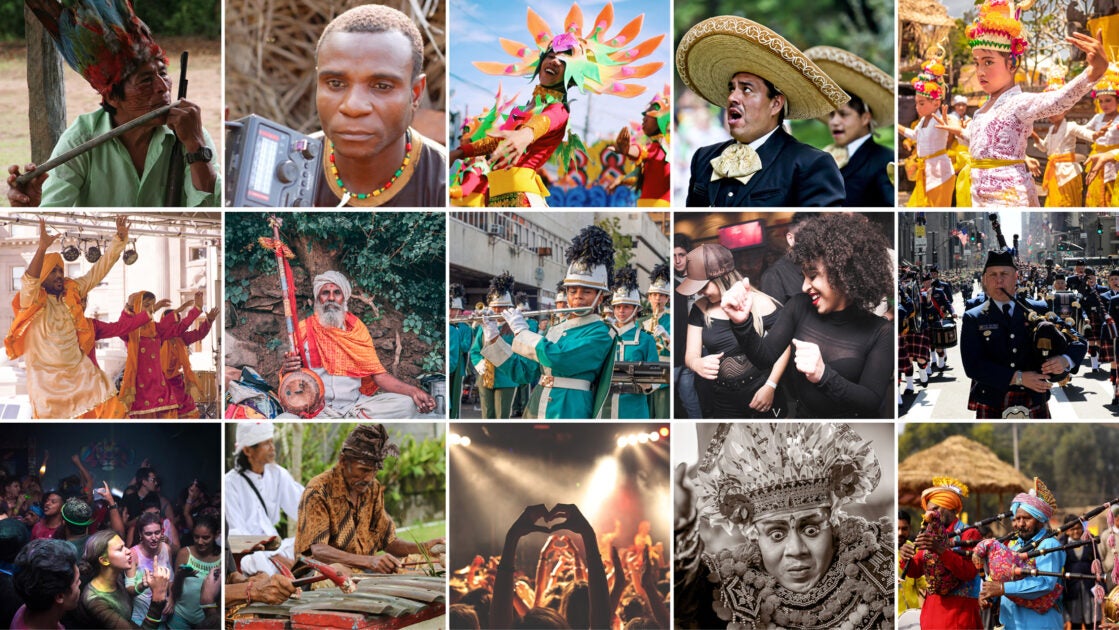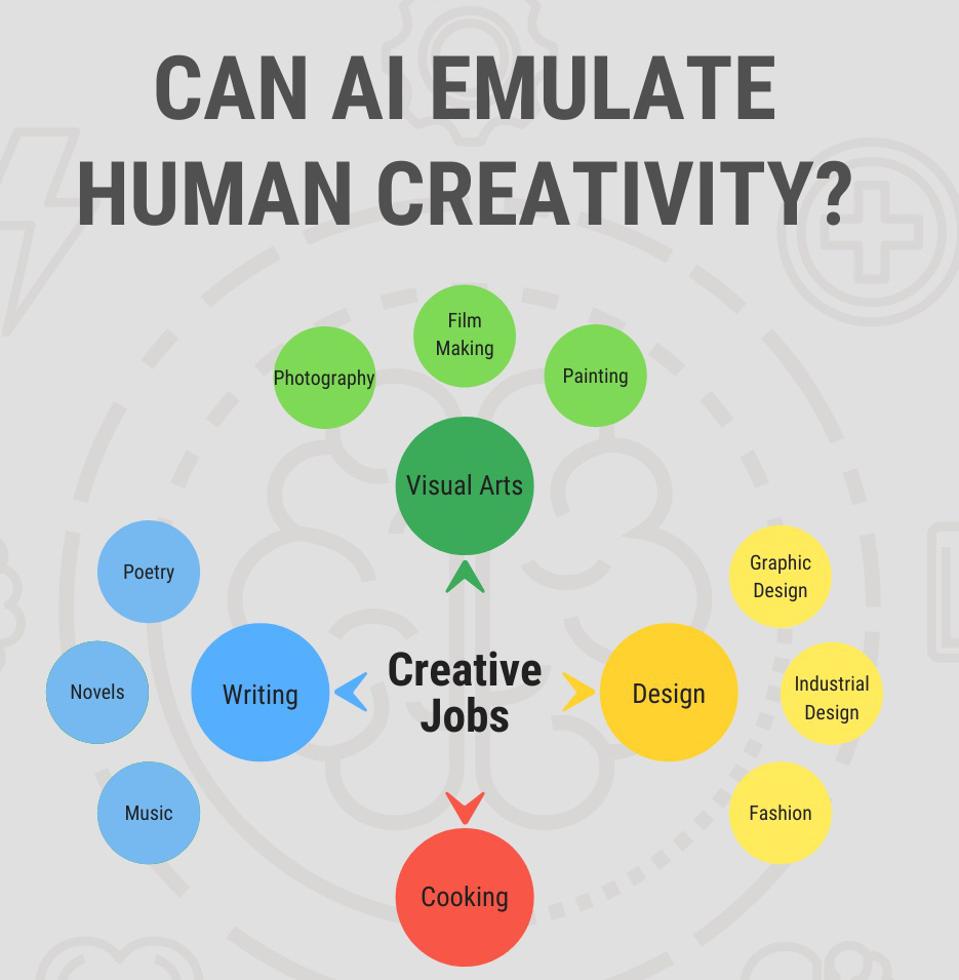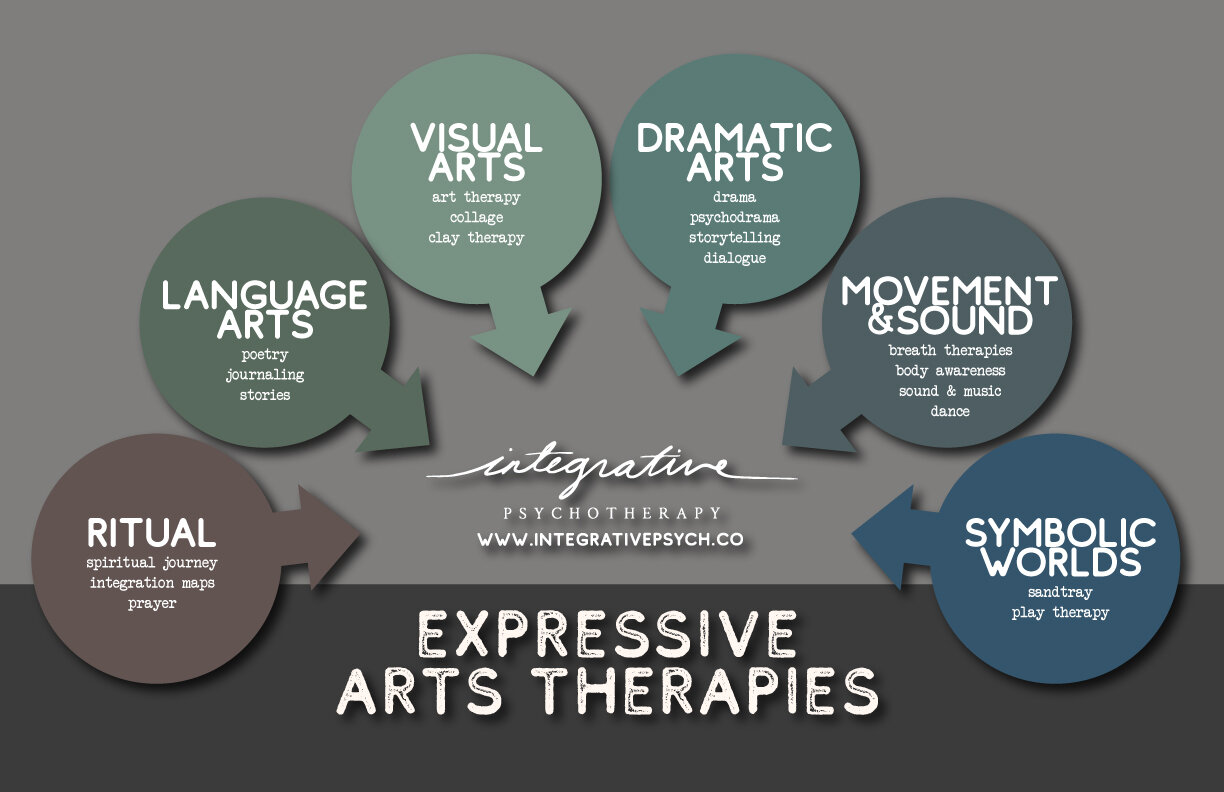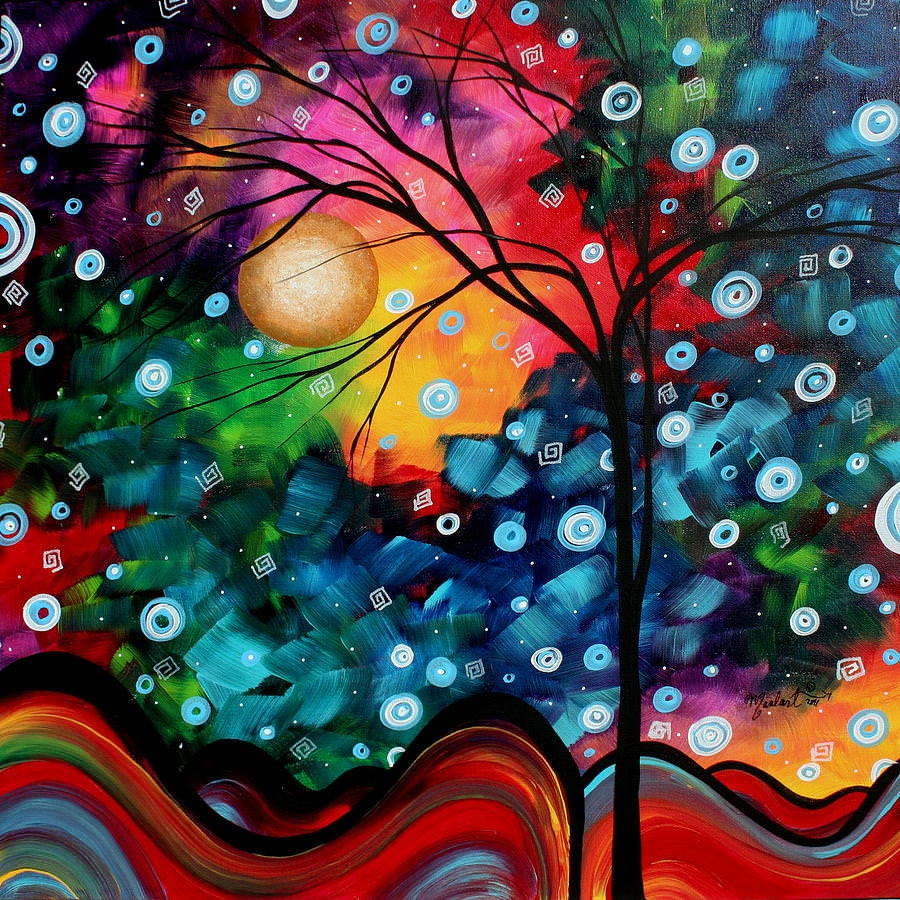Music is a language that transcends cultural and linguistic barriers. It is the universal language that touches our hearts and souls, and connects us as human beings, regardless of our backgrounds or beliefs. Music has the power to evoke emotions, memories, and moods like no other art form does.
From classical to jazz, from rock to hip hop, from country to folk, music is a diverse art form that speaks to people in different ways. The beauty of music lies in its ability to express feelings and emotions that are hard to articulate through words. Whether it’s the catchy beat of a pop song or the melancholic melody of a symphony, music has the power to convey complex emotions and ideas in a way that is both profound and accessible.
Music is also therapeutic and healing. It has been used for centuries to calm the mind, heal the body, and stimulate creativity. Studies have shown that listening to music can reduce stress, anxiety, and depression, as well as improve cognitive function and memory retention. Music therapy is now recognized as a legitimate form of treatment for a variety of conditions, including autism, dementia, and PTSD.
Moreover, music is a unifying force that brings people together. It is a language that enables us to communicate with one another, regardless of our mother tongue or cultural background. Music festivals and concerts are a testament to the power of music to bring people together, as fans from all over the world come together to enjoy their favorite artists and bands. Music is a reminder that we are all part of a global community, a community that shares a common love for this beautiful art form.
In conclusion, music is a universal language that speaks to the very essence of human experience. It is a powerful tool for self-expression, healing, and communication that has been an integral part of human culture since the dawn of civilization. As Friedrich Nietzsche once said, “Without music, life would be a mistake.”







